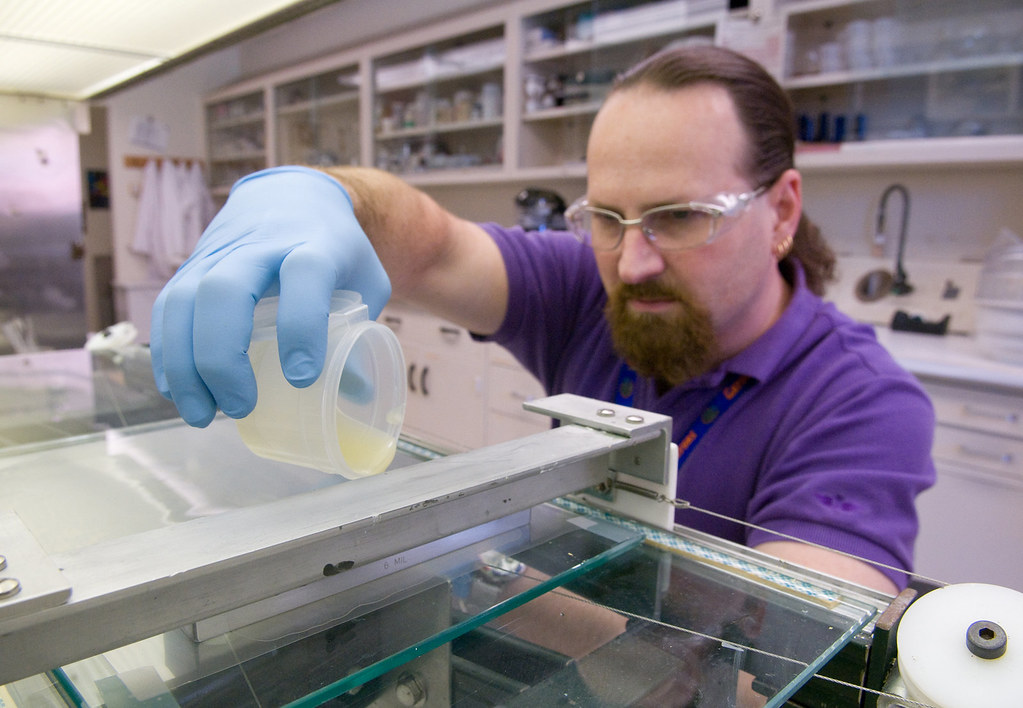Top 20 Metallurgical Engineer Fresher Interview Questions
Table of Contents
Top 20 Metallurgical Engineer Fresher Interview Questions
Can you explain what metallurgical engineering is?
Example – “Metallurgical engineering is a branch of materials science and engineering that focuses on the study of metals and their properties. It involves the extraction, processing, and development of metallic materials for various applications.”
What motivated you to pursue a career in metallurgical engineering?
Example – “I have always been fascinated by the world of metals and their applications. This field offers opportunities to work on innovative technologies and contribute to industries ranging from aerospace to manufacturing, which drew me to pursue a career in metallurgical engineering.”
Can you describe the importance of microstructures in metallurgy?
Example – “Microstructures are crucial in metallurgy as they determine the mechanical, thermal, and electrical properties of metals. Understanding and controlling microstructures allows engineers to optimize materials for specific applications.”
What are the primary methods for extracting metals from ores?
Example – “The primary methods for extracting metals from ores are pyrometallurgy (heating), hydrometallurgy (using chemical solutions), and electrometallurgy (using electrical energy). The choice of method depends on the ore type and desired metal.”
Describe how ferrous and non-ferrous metals differ from one another?
Example – “Ferrous metals include steel and cast iron, while non-ferrous metals encompass aluminum, copper, and zinc, among others.”
What is the significance of alloying in metallurgy?
Example – “Alloying involves mixing metals or adding elements to a metal to enhance its properties. It can improve hardness, corrosion resistance, and other characteristics, making alloys more suitable for specific applications.”
How do you assess the quality of a metal sample?
Example – “Quality assessment involves various tests such as tensile testing, hardness testing, and spectroscopy to determine properties like strength, ductility, and composition.”
What is the purpose of heat treatment in metallurgy?
Example – “Heat treatment is used to modify the microstructure of a metal to achieve desired properties. Processes like annealing, quenching, and tempering are employed to improve hardness, toughness, and other characteristics.”
Can you explain the concept of corrosion in metallurgy?
Example – “Corrosion is the degradation of metals due to chemical reactions with their environment. It can lead to rusting in iron-based materials and is a significant concern in metallurgy.”
How do you prevent corrosion in metals?
Example – “Corrosion prevention methods include the use of protective coatings, cathodic protection, and the selection of corrosion-resistant alloys based on the specific application and environment.”
Discuss the importance of metallurgical testing in manufacturing?
Example – “Metallurgical testing ensures that materials meet quality standards and performance requirements. It involves various techniques like spectroscopy, microscopy, and mechanical testing to verify material properties.”
What safety precautions should be taken when working with molten metals?
Example – “Safety measures include wearing appropriate personal protective equipment (PPE), ensuring proper ventilation, and having emergency response procedures in place to handle accidents or spills.”
Can you explain the concept of crystallography in metallurgy?
Example – “Crystallography studies the arrangement of atoms within a crystal lattice. In metallurgy, it helps determine the crystal structure of metals, which is critical for understanding their properties.”
What is the role of metallurgical engineers in the aerospace industry?
Example – “Metallurgical engineers in aerospace are responsible for developing and testing materials used in aircraft and spacecraft, ensuring they meet stringent safety and performance standards.”
How does metallurgical engineering contribute to the automotive industry?
Example – “Metallurgical engineers play a vital role in designing and testing materials for automotive components, ensuring they meet strength, weight, and durability requirements.”
What are the challenges in recycling metals, and how can they be addressed?
Example – “Challenges in metal recycling include sorting, contamination, and energy consumption. Addressing these issues requires efficient sorting technologies, cleaner recycling processes, and public awareness.”
Explain the concept of failure analysis in metallurgy?
Example – “Failure analysis involves investigating the reasons behind material or component failures. Metallurgical engineers use this process to prevent future failures and improve design and manufacturing processes.”
How do metallurgical engineers contribute to the oil and gas industry?
Example – “Metallurgical engineers in the oil and gas sector focus on selecting materials that can withstand harsh environments, ensuring the integrity of pipelines, and preventing corrosion in equipment.”
What are the current trends and innovations in metallurgical engineering?
Example – “Some trends include the development of high-performance alloys, nanomaterials, and sustainable metallurgy practices. Innovations in additive manufacturing (3D printing) also impact the field.”
How do you stay updated with the latest developments in metallurgical engineering?
Example – “I stay updated through scientific journals, attending conferences, participating in webinars, and engaging with online metallurgical communities. Additionally, I’m always eager to learn from experienced colleagues in the field.”




